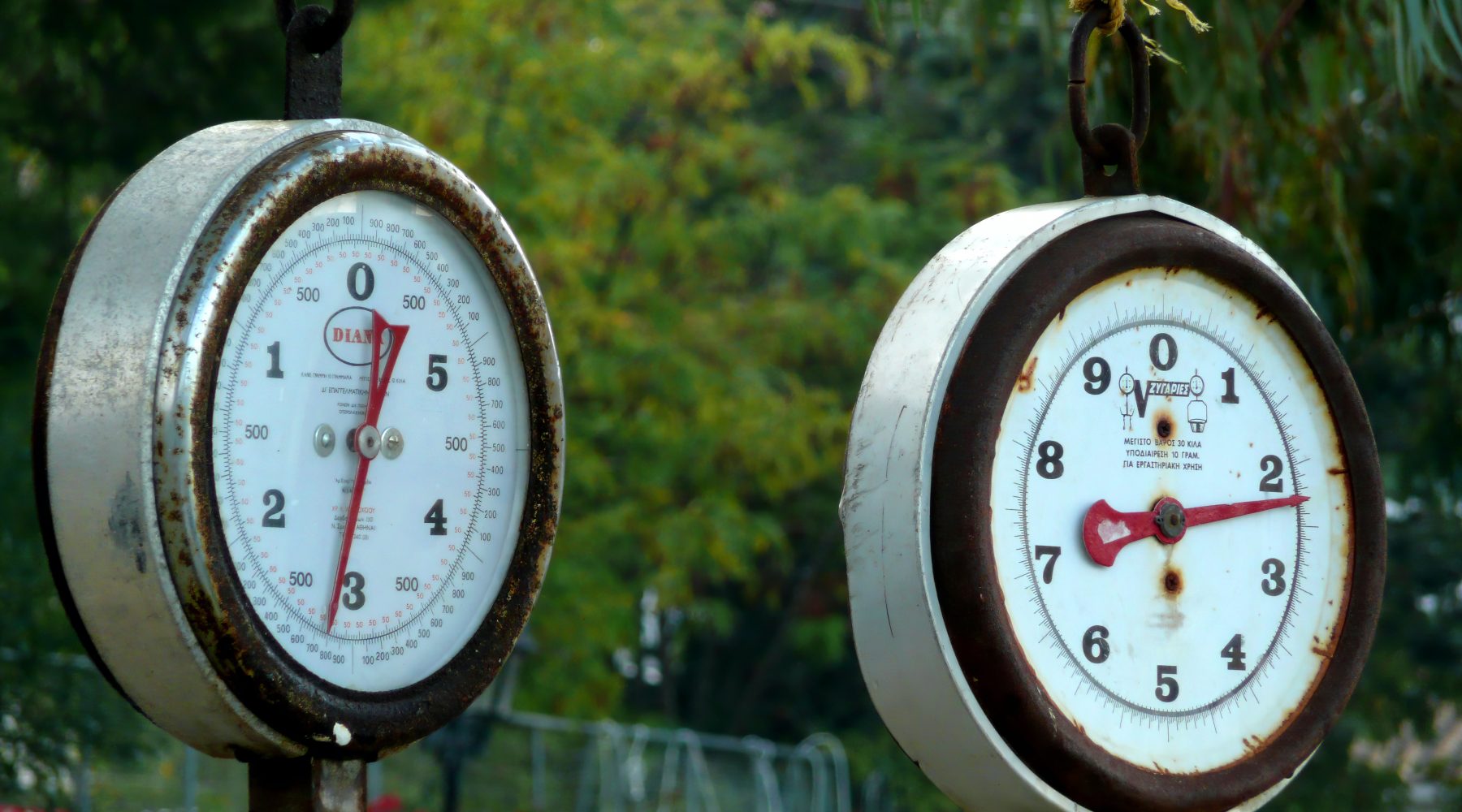NZ spends up big to improve the pay of 17,000 ECTs – is Australia next?

The 2020 New Zealand Budget, to be delivered 14 May, provides a NZ$151.1 million funding boost over four years for early learning services to improve the pay of up to 17,000 qualified teachers working in education and care services. With Australia’s close connection to our neighbours across the ditch, the question is, will Australia follow suit?
In a statement released yesterday by NZ Education Minister Chris Hipkins and NZ Minister for Children Tracey Martin, the stark contrast between the pay received by those early childhood teachers (ECTs) working in schools and kindergarten settings and those working in other early childhood settings was highlighted.
The minimum salary for teachers working in early childhood education (ECE) centres is currently NZ$45,491 or NZ$46,832, depending on the qualifications held by the teacher, the statement noted. From 1 July 2020, the minimum salary will increase to NZ$49,862 – bringing them in line with kindergarten teachers’ pay.
“As we respond to the impact of COVID-19 to our society and economy, the Government remains committed to fair pay for lower-paid workers, especially the workers who have helped get the country moving again,” Mr Hipkins said.
“The majority of children participating in early learning attend an education and care service – in 2019, 135,237 children (68 per cent) attended this type of service.
“This funding boost goes some way towards levelling the playing field for ECE centres looking to employ qualified teachers but I do acknowledge that fully closing the gap between education and care services and kindergartens will be a challenge to be addressed over a number of budgets,” he added.
From July 2020, education and care services will receive the additional funding through a 2.3 per cent increase in their subsidy rates. Education and care services, like other early learning service types, will also receive a 1.6 per cent increase in their subsidy rates from 1 January 2021 to help meet cost pressures over the past year, for a combined increase of 3.9 per cent to current rates.
The cost adjustment for early learning services will cost NZ$122.7 in operating funding over four years.
Provision for home-based care providers
As well as supporting ECTs working in ECE settings, the Budget has also allocated NZ$36.2 million in additional funding over four years to support home-based early learning services (known in Australia as family day care) to transition to “a more professionalised educator workforce”.
It is hoped by the NZ Government that the additional funding and qualification requirements will lift the quality rate for home-based early childhood education by 5.4 per cent from 1 January 2021, including the cost pressures adjustment.
Home-based services on the standard rate with educators completing the Level 4 ECE qualification will also gain five hours of additional visiting teacher support per week, and funding will provide tertiary fees assistance for up to 2,646 students that are not eligible for fees free.
“Home-based early childhood education has been the fastest growing part of the early learning sector. In the future at least 80 per cent of the home-based educator workforce will hold a required qualification, to ensure better and more consistent quality,” Mr Hipkins said.
Playcentre support
The 2020 Budget also provides extra funding of $3.1 million over four years for playcentres (known in Australia as playgroups).
“The increase in funding rates from July 2020 will help support more than 400 playcentres so they can continue to provide this unique early learning choice to around 9,500 children and their families,” Ms Martin said. Playcentre rates will rise by 7.6 per cent, including the cost pressure adjustment.
Regulatory support also funded
The Budget also makes provision for $7.8 million for the Ministry of Education’s Early Childhood Education Provider Assessment Group to continue its work to ensure that early childhood education services meet quality and safety standards, Mr Hipkins noted, before concluding that the $320.8 million investment in early learning in the 2020 Budget “supports the move to higher quality early learning that prioritises the learning, wellbeing and identity of every child as set out in the Early Learning Action Plan.”
To review commentary in relation to the Budget announcements made thus far, please see here. To read the statement in full, see here.
Popular

Policy
Practice
Quality
Provider
Research
Safety starts with supervision: responding to real risks in ECEC
2025-07-07 10:30:58
by Fiona Alston

Practice
Provider
Quality
Research
Workforce
New activity booklet supports everyday conversations to keep children safe
2025-07-10 09:00:16
by Fiona Alston

Quality
Practice
Provider
Research
Workforce
Honouring the quiet magic of early childhood
2025-07-11 09:15:00
by Fiona Alston










